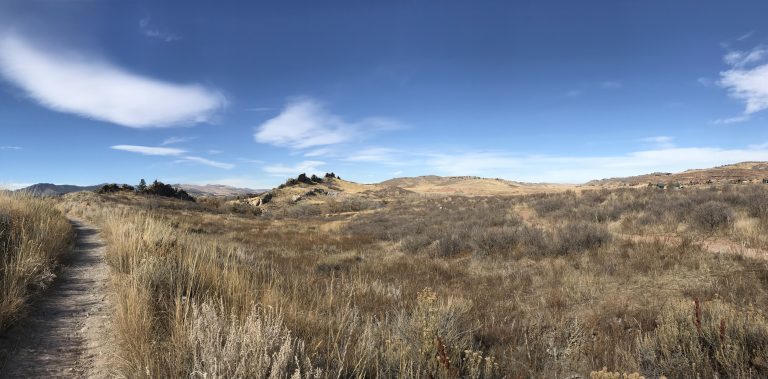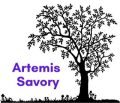
We love clickbait
Recently I heard an editor say, “We love clickbait.” He quickly explained that clickbait is content that gets people to click on it. He also clarified that the clickbait his publication shares delivers on its promises.
But the word to so many of us has a primarily negative meaning. Clickbait is a dirty word.
I’m scrolling through Facebook, when I pause on a picture of a woman sitting up in bed and looking out a large picture window into the woods. The title is something like, “Top 10 Ways to Save Money on Rent.” It’s a very pretty picture, and I love tiny houses (which I assume this is, and the title might imply) so I click on it.

Clickbait
It brings me to an article which now has a different title: “4 Legit Ways to Help you pay Your Rent.” Okay, so the number of ways is different, that’s weird. And also, it’s different than “saving money” on rent. But I give it a chance, scrolling through. Not only is the social media image nowhere in this article, but the number of ways don’t match either title—there are SEVEN ways to save money! Almost none having to do with rent at all.
My mind has been blown. I am so frustrated. Everything on this page is an advertisement—the dreaded “affiliate link” obsession—and I know that I’ve been had. One of the tips doesn’t even offer “rental” anything, as it’s a tip for homeowners. What? Exactly.
I go back to the Facebook post and read the comments. “Pretty picture,” and “I love tiny homes!” and “Save money!” everyone comments. No one seems to have read the article. It’s all just a big game, and I feel like the dumbest one in the room for having fallen for it. How can this kind of content even exist? How can people be so shallow? Do the advertisers really believe this is benefiting their products?
The sad answer is that they probably know exactly what’s going on. Because we have the technology for that. And not everyone stubborn or pays attention to detail. My writer and editor brain is freaking out.
Be Honest
Don’t trick readers into finding your content. It’s unnecessary and rude, and I don’t agree that all publicity is good publicity. Especially these days, where people are getting caught, and punished for their bad behavior. Make a catchy, clickable headline that is REAL and TRUE. Don’t lie, don’t trick, don’t push.

I wrote an essay once and titled it “Strangers in a ghost town,” because I literally explored a ghost town with a family I met at a craft fair. Another was “Runaway Girlfriend,” pretty much because I’m a terrible person and I always run away from boyfriends in order to break up with them. Clickbait? Not clickbait? Whatever it is, it’s not a trick. Now, if your book is all about getting tricked—well then. That’s something entirely different. And I’d love to help you market your work; let’s match your marketing strategy to the content or style of your writing, not fooling people into reading your work.
